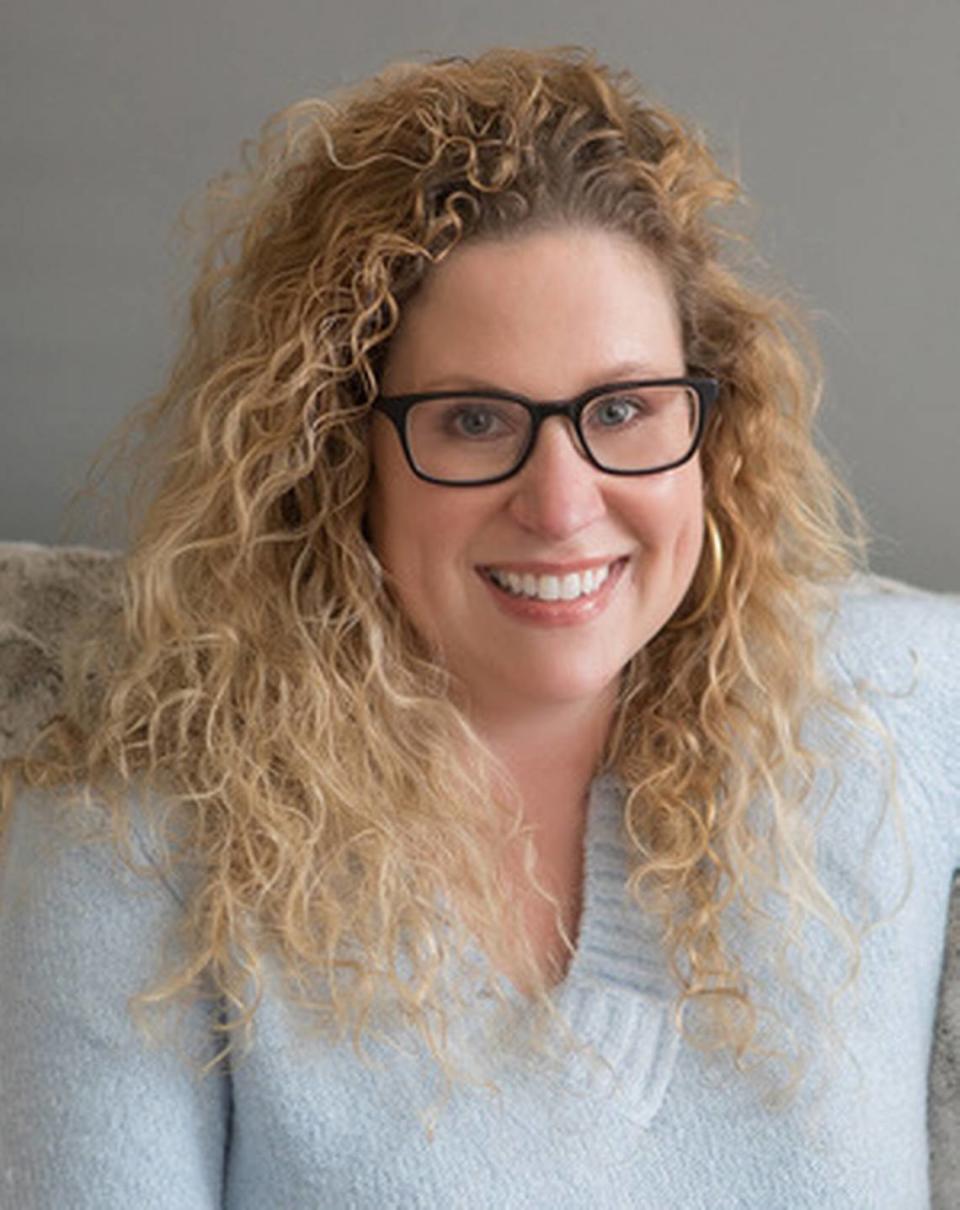A Southern Baptist sex abuse survivor speaks out on what needs to happen next
The Southern Baptist Convention recently released a major report, from an independent investigation by Guidestone Solutions, exposing years of sexual abuse cover-up and mishandling by its leaders.
When Southern Baptists passed resolutions responding to sexual abuse at their annual meeting June 14, I held my breath and reluctantly celebrated. I know how much these actions mean to survivors — I talk to survivors every day. I, too, am a survivor of sexual abuse at a Southern Baptist seminary in North Carolina.
Since I came forward with my story four years ago, I have continually spoken with fellow survivors and leaders of SBC institutions about necessary changes. I often felt my suggestions were not acted upon quickly enough. Even now, there is tremendous work left to be done. Yet, I am encouraged by the reforms the SBC approved.
My joy does not come without words of caution for SBC pastors and leaders. The resolutions are just the beginning.
I applaud the SBC’s approval of a database documenting credibly accused sexual abusers. But leaders must not depend on a database to protect people from sexual abusers who do not have a previous record or history of abuse. Vigilance remains as important as it has ever been.
For example, the man who raped me would not have been in a sexual abuse database in 2003 because he had no known history of sexual violence.

The database cannot be thought of as the end-all, be-all. Instead, it should only encourage pastors and leaders to become further educated on the signs of potential abusers and how to be a safe person for victims to trust.
The database should not prevent SBC pastors and leaders from taking additional, proactive steps to protect the vulnerable within their congregations and institutions.
The SBC has also established a survivor care fund intended to provide trauma counseling for survivors of sexual abuse. It will also fund trauma-informed training for SBC pastors, churches and institutions. I have advocated for such a fund for years and commend Send Relief for providing $1 million to establish it, in addition to the $3 million they have provided to implement the Sexual Abuse Task Force Recommendations.
For decades, SBC leaders ignored and silenced the survivors in their midst. The recent independent investigation into top Southern Baptist leadership revealed that leaders had maintained a secret list of 700 convicted and credibly accused sexual abusers within Southern Baptist churches while refusing to acknowledge Southern Baptist sexual abuse publicly.
The survivor care fund represents a shift away from that spiritually abusive behavior. The SBC is putting its money where its mouth is. In doing so, they are making it harder for dissenters to claim that abuse is not a problem. They are also making it easier for survivors to share their stories with real reason to hope that they will be heard, believed and supported.
I encourage Southern Baptist pastors and leaders to support the care fund publicly and learn all they can about the services and resources it provides. Similarly, I hope to see Southern Baptist pastors and leaders ensure committees are properly trained by an independent professional in providing a trauma-informed response to abuse.
I thank members of the SBC task force — a group of individuals who volunteered hundreds of hours over the past year to shed light on sexual abuse within top Southern Baptist leadership and highlight opportunities for change. These faithful men and women have underscored the critical importance of continual repentance and transparency.
I leave Southern Baptist leaders, leaders within other faith denominations, and those who have a desire for change, with this: The need remains. The important steps taken at the Southern Baptist annual meeting cannot wipe away pain survivors will face. The passing of resolutions will not erase the memories of abuse, institutional cover-ups, silence and shaming. In order to serve survivors as Jesus does, Christians must commit themselves to both immediate and ongoing action.
Megan Lively lives in Wilson with her husband and two children. She is an author, speaker, and creator/owner of Relevant Reach: an online social media resource for churches and Christian organizations.

 Yahoo Movies
Yahoo Movies 
